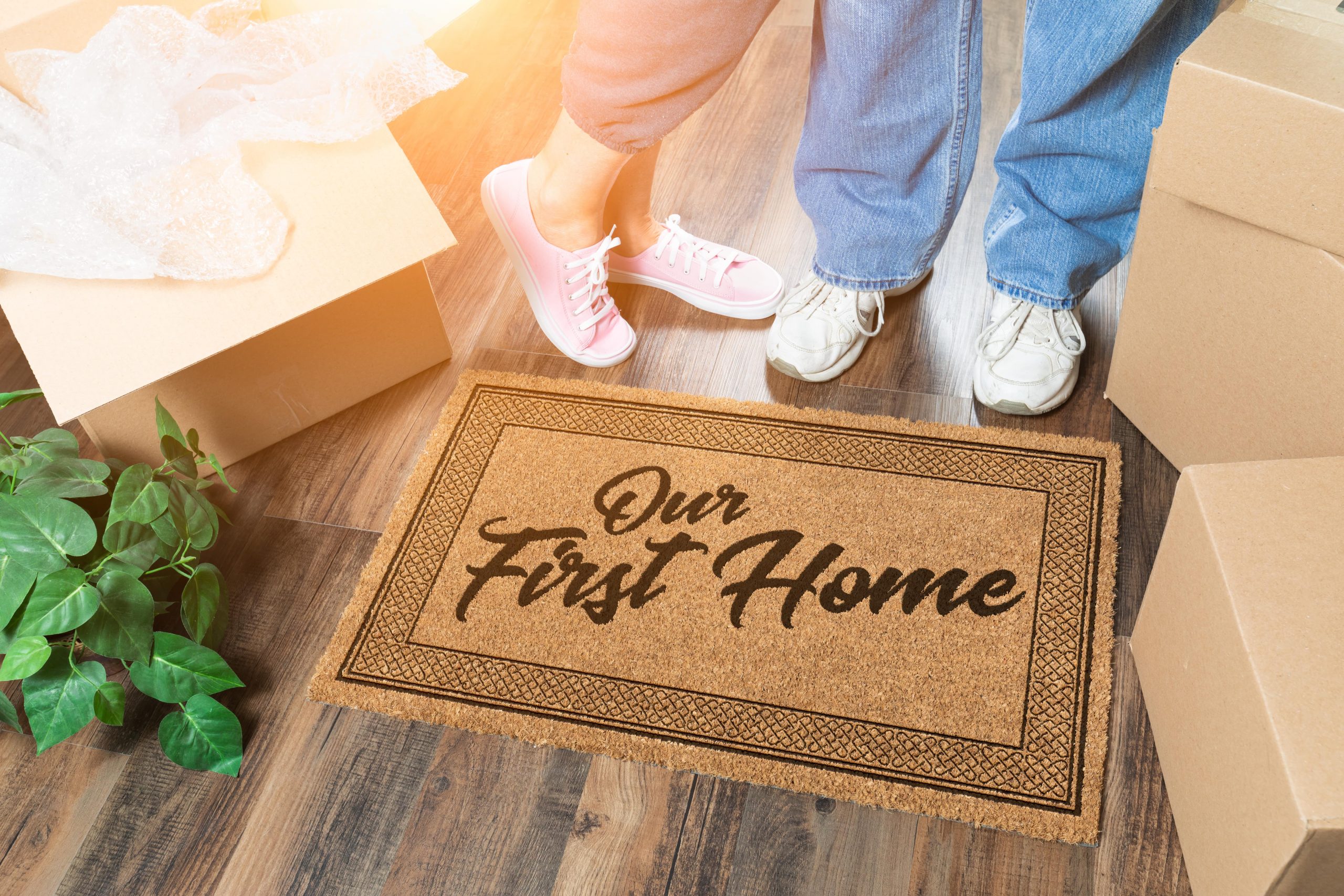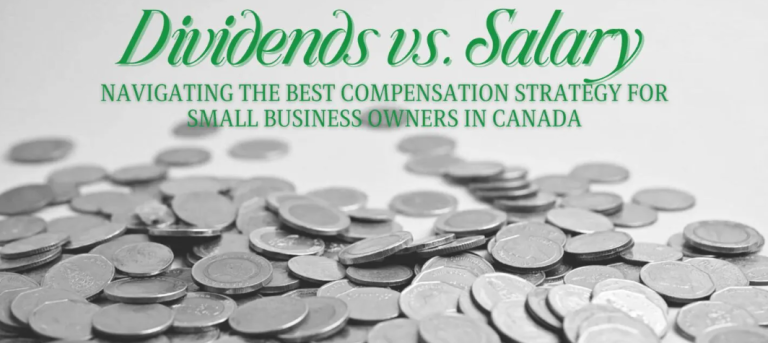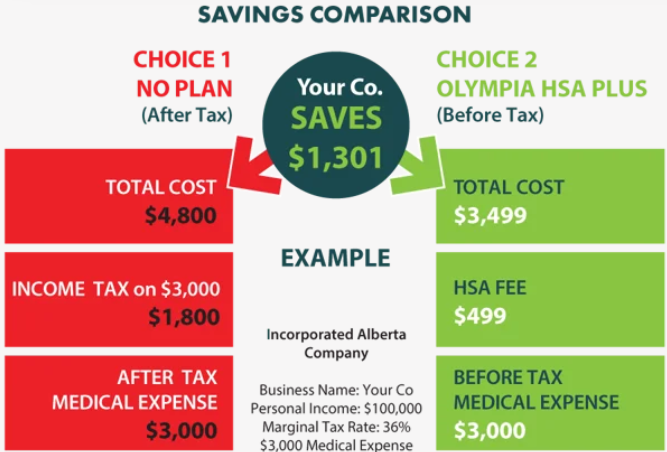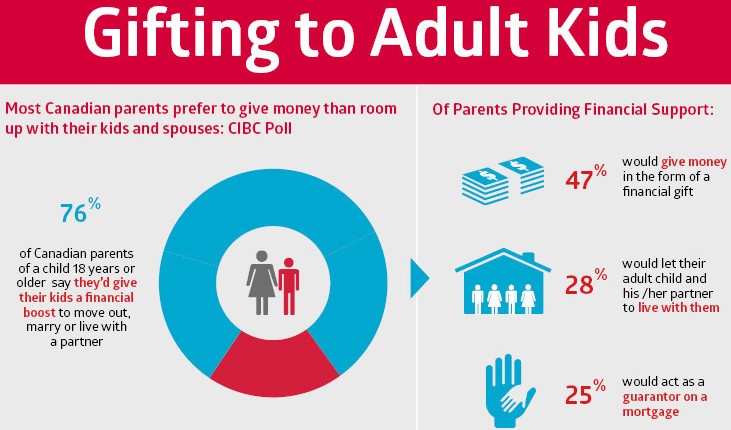The FHSA is one of the most generous tax incentive programs I have seen in my whole career as a Financial Advisor. If you have not owned a home in the past 5 years, you should DEFINITELY set up a FHSA. The best way to do that is with your Financial Advisor (Don’t have an Advisor? We’d love to fit you into one of our openings for new clients. Email us).
The FHSA gives 1st time home buyers the ability to save $40,000. Doing that through the FHSA will give you $6,000 to $21,400 in tax savings. This means up to $61,400 as a downpayment for your 1st home (double that if you are “married”). I say guaranteed because tax savings are written into the Income Tax Act and that means, “you do this, and you get that”.
Your Financial Planner should know all the ins and outs. They’ll also set up your FHSA and add any other tools that can boost your down payment even more. However, here are the most important points….
Are You Eligible For The FHSA?
You have to:
- Be A Resident Of Canada (US citizens in Canada)
- Be at least 18
- Not owned a home in the year you apply or the 4 calendar years before that (your spouse couldn’t have owned a principal residence either during that time).
Good So Far? Keep Reading…
You can contribute up to $8,000 per year (to a max of $40,000 in total).
Don’t have any money to put in yet? Have your Financial Advisor open a FHSA right away. Why open an FHSA when you don’t have plans to buy a home just yet? Your $8,000 annual limit clock starts the day you open a FHSA. This is very important because you can carry forward any of the $8,000 you don’t (or can’t) contribute to your FHSA this year, to a future year. This means next year your limit (if mostly unused) could be close to $16,000. If you wait until next year, you’ll only be able to contribute up to $8,000 max. To maintain flexibility while at the same time “start the FHSA contribution room clock”, start with $1,000.
What Kind Of Investments Can You Hold In A FHSA?
You have a wide range of options however, what your Financial Advisor can use for you depends on their licensing. Some only offer insurance company kind of investments, others only offer mutual funds and another group of Financial Advisors have a much broader selection of investments they can put into your FHSA for you.
The timeline you have for buying your 1st home is what determines the investments you should make inside the FHSA. Your Financial Advisor can advise on that.
Withdrawals
If you buy your 1st home using your FHSA $’s, you can withdraw all the money tax free (even the up to $22,400 in tax savings. That is yours to keep).
Don’t need all (or any) of the money from your FHSA for a downpayment? You can transfer it directly into your RRSP with no tax implications.
If, in time, you decide you simply want they money out of the FHSA so you can do whatever you want with it, you’ll simply have to pay back the tax refunds you received (that tax pay back amount could be more or less than what you actually received because your FHSA withdrawal is considered “income” in the year you pull it out. Having said that though, need to worry about that. Your Financial Planner will make sure you are strategically withdrawing this money to pay as little tax as possible.
Opening Your FHSA Right Away
Contact your Financial Planner or Advisor well before Dec. 31st and they will do this for you. Don’t have a Financial Advisor? We’d love to see if we can serve you in that regard.
Even If You Have No Plans To Buy A Home, YOU SHOULD OPEN A FHSA. Why?
Most people have RRSP contribution room. However, when you use it up, there are very few ways you can reduce their income taxes. The FHSA can provide another $40,000 of total tax deductions on top of your RRSP contributions. Even if you don’t think you will ever use up your RRSP contribution room, you don’t want to kick yourself later thinking, “I should have opened a FHSA”.
Do You Have Money Inside A RRSP Already?
You can transfer $8,000 / year to your FHSA. This can make sense however, it really depends on the amount of money you have now, or will have in the future, for adding to a FHSA and / or a RRSP. This is where your Financial Planner can help you in making the right decisions and putting them into action, at the right time.
The Home Buyers Plan (HBP) Is Your 2nd Tool For A Downpayment
The HPB used to be the only thing geared specifically for a 1st time home buyer; allowing you to withdraw $60,000 (was $35,000 up until April 16th 2024) out of your RRSP to buy your 1st home. The FHSA is far superior, but you can use both. Should you? It depends. It may seem like I’m repeating myself by saying, “meet with your Financial Planner”. They will advise so as to squeeze as much juice out of your money as possible.
Combined with the First Home Savings Account (FHSA) introduced in 2023, 1st time home buyers will now be able to accumulate $100,000 tax-free (or $200,000 for a couple) as a down payment on their future home purchase. That is significant considering you don’t necessarily have to save that amount, since a good chunk of that can come from investment growth if invested properly.
Where Does A TFSA Fit In All Of This?
I’d suggest that the TFSA could either be your step 2 or 3 (before or after the HBP). But you know what I’m going to say, right? Consult with your Financial Planner.
A Savings Habit Is The Key To Making It All Happen
How do you ever get anywhere? You start by taking 1 step at a time. Work with what you have. You manage to pay your cell phone bill, right? Do you have a car payment? How did you make that work? You just do. You pay everyone else BUT, are you paying yourself by setting aside money for something that you don’t have to replace every few years? Something that will, over time, create real wealth for you? Many small steps over a period of time gets you to your destination. We have room to add some younger clients to our very well established client base and would love to help you lay the path and get each destination you have in mind.





